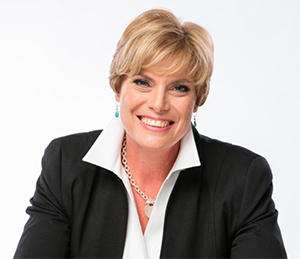
David Benn introduced our Guest Speaker today, and had collected a few anecdotes and personal details to set the scene.
Bronwyn Boyle has a business - Lachlan Boyle Consulting, dealing with communication and conflict resolution, today was her birthday and her Dad had died very recently. Despite these events, Bronwyn had soldiered on and was with us today.
First up, we learned that she had been a Rotary Exchange Student, spending a year at Wanaka, in New Zealand's South Island, and very close to Queenstown in 1988. She thanked Rotary for this opportunity, and it was evident that she would have been a logical selection for the exchange, and gained plenty from exposure to the Kiwis.
The talk started with a story about a woman who was not well dressed, in distress and crying, near the entrance to our Base hospital. Bronwyn consoled her, and arranged for social workers to attend.
The security guards were less sympathetic, they found it funny, but days later, the dishevelled woman credited Bronwyn with saving her life.
More stories followed, and it was clear that she was keen to engage in supporting those in emotional crises. She is the Secretary of Riverina Bluebell.
The talk was intense, but the theme emerged - Open up lines of communication, and keep them open. There were observations about gender differences, and recognition that men have fellowship, and that involves interest and care for each other, and trust for mates that allows difficult issues to be explored.
One interesting difference between Men and Women that Bronwyn has observed is that women share and bond with new friends continuously, in new situations as they go through life. Men, on the other hand, will form lasting friendships as young adults, around 18 to 22 years, and these will be "best mates' all of life. Distance and time gaps will not diminish the bond.
Bronwyn impressed with her knowledge of human traits, gender based variations to behaviour and her empathy with a group of males that had recently had to confront a challenge to their behaviour.